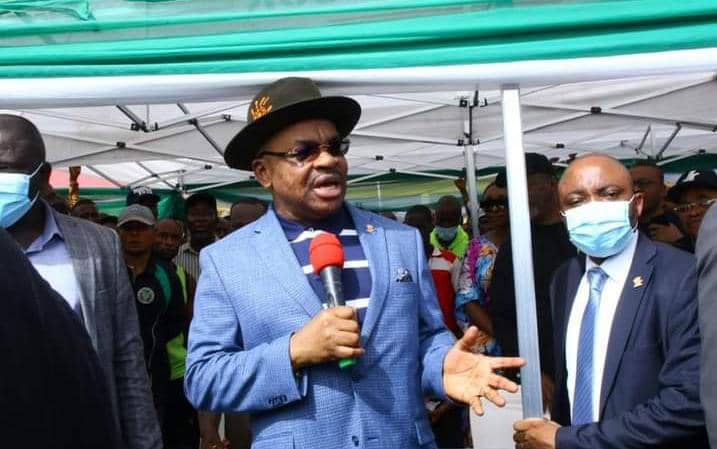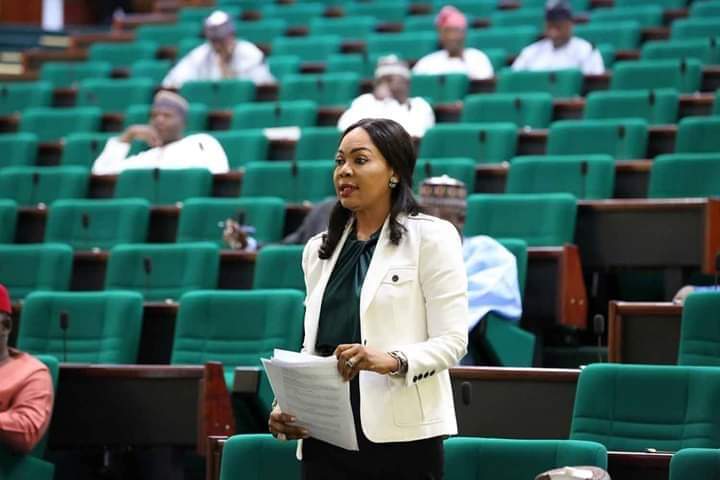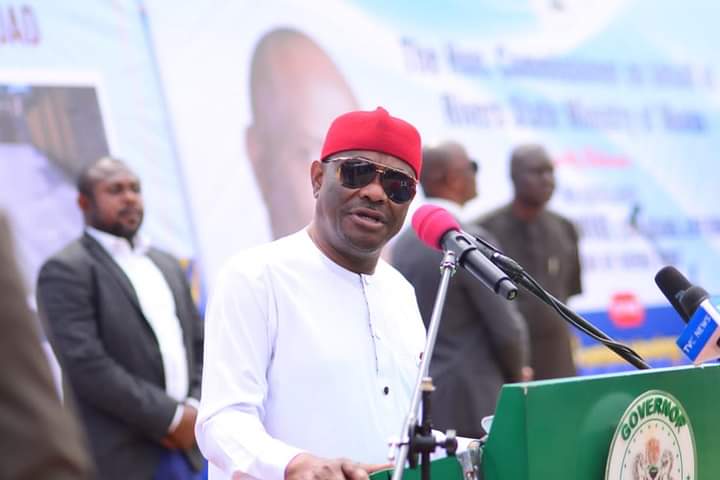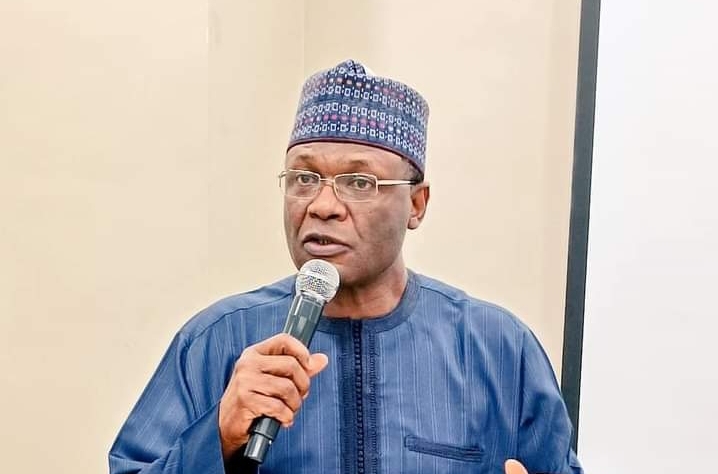The Akwa Ibom state government says it has received N186 billion as refunds of arrears of 13 percent of oil derivation proceeds from the federal government.
Linus Nkan, Akwa Ibom state commissioner for finance, made this known at a recent news conference in Uyo, the state capital.
The 13 percent derivation fund comes from the federation revenue to oil-producing communities through the state governments as enshrined in section 162, sub-section 2 of the Nigerian constitution.
Last week, Nyesom Wike, Rivers state governor, disclosed that the projects he recently inaugurated were financed with the state’s share of the 13 percent derivation arrears paid by the federal government from 1999 to all the Niger Delta states.
Advertisement
Wike further challenged other governors to account for the funds.
Accordingly, the Bayelsa state government acknowledged that it also received its derivation arrears but claimed it was underpaid by the federal government.
Reacting to Wike’s comment at the news conference, Nkan said the state government had received a total of N186 billion so far.
Advertisement
Giving a breakdown of the figure, he said the state government received N160 billion in 2021, while N41.434 billion was projected to be paid to the state in 2022, but only N26 billion had been received as at third quarter of 2022.
“It has become pertinent to respond to issues relating to the refund of the 13 percent derivation arrears to oil producing states of which Akwa Ibom is one,” Nkan said.
“The agitation for the refund of the arrears, which were deducted from the earnings due to the oil-bearing states was undertaken by the affected governors, directly and through their officers at the Federation Accounts Allocation Committee, FAAC, which agreed with the very detailed submission and calculated the sums accruing to the states.”
‘FINANCIAL INFRACTIONS IMPOSSIBLE’
Advertisement
Nkan explained that it was agreed that the payments be made in tranches quarterly, over a period of five years due to the large amount involved and the inability of the federal government to pay all at once.
He said the refunds were subsumed into the state’s annual budgets which have been used for key capital projects.
He said if the present administration had depended on monthly allocations from the federation account, it would not have been enough to fund its numerous projects.
“In 2021, the sum of N160 billion was remitted to the state account. In 2022, the projected income from this source was N41.434 billion, but as at Q3, the sum of N26 billion has been received,” Nkan said.
Advertisement
“In line with proper financial records keeping and public finance transparency, the refund was reflected in the 2021 budget as ‘other exceptional income: 13 percent derivation revenue arrears’, which was revised to the tune of N193 billion; in 2022 the revised provision was N41.43 billion; in the 2023 budget, the estimate for this line item is N100 billion.
“A simple calculation of these figures will reveal the sustainability thinking disposition that guides the governance of our state.
Advertisement
“The report of the judicious application of this income and other incomes to the state are captured in the statutory accountant general’s audited report for 2021 and the same will be reflected this year.
“There is, therefore, no reasonable cause for the activation of alarmist tendencies on the state of finances of the state, because the governor is conscious of the judgement of history and posterity and is doing everything to earn a copious mention on its golden pages”.
Advertisement
Nkan also cautioned members of the public to beware of the false figures rumoured to be Akwa Ibom’s share of derivation refunds.
“We, therefore, urge the entire public to ignore the various figures bandied around on various media platforms, as those are nothing more than fiction,” the commissioner said.
Advertisement
“With the implementation of the international public sector accounting system (IPSAS), it is impossible for any unaccounted expenditure to occur.
“It is also worthy to point out that the state’s budgets and annual reports must first be reviewed by the World Bank and it is practically impossible that financial infractions can skip their attention.”
Add a comment






